How do you transport a generator?
Generator transport is a critical, often underestimated, phase in getting your vital power equipment from our factory to your site. Poor handling or incorrect shipping methods can lead to costly damage, delays, and operational headaches. At JILMECH, we understand that seamless delivery is paramount for our international clients. This guide provides essential knowledge while highlighting how our expertise safeguards your investment throughout the journey.

Transportation Modes
Choosing the right method depends heavily on the generator's size, weight, destination, budget, and urgency. Here's a breakdown:
Full Truckload (FTL): Ideal for large industrial generators (typically 500 kVA and above) or multiple smaller units shipping to a single destination. Offers direct transit, minimizing handling. JILMECH assists in optimizing load plans for safe and efficient FTL generator transport.
Less Than Truckload (LTL): Economical for single, smaller generators (up to approx. 500 kVA) sharing space with other cargo. Requires robust packaging due to multiple handling points. We advise on packaging specifications to withstand the LTL environment.
Ocean Freight: The primary method for international shipments. Suitable for generators of almost all sizes, especially large units. Requires careful container selection (standard, high-cube, flat rack, open top) and precise securing. Our logistics team has extensive experience planning ocean generator transport, including optimal containerization.
Air Freight: Reserved for urgent, smaller generator deliveries where speed outweighs cost. Significantly more expensive than ocean freight. Best for critical spares or smaller portable units. We can advise on air freight viability and documentation.
Specialized Transport: Oversized generators exceeding standard road limits require specialized trailers, permits, and route planning. JILMECH partners with experienced heavy-haul carriers globally to manage complex generator transport projects.
Packaging
Robust packaging is the first line of defense. Generators are heavy, complex machines vulnerable to shock, vibration, moisture, and shifting during transit.
Heavy-Duty Timber Crating: JILMECH standardizes custom-built wooden crates designed for each generator model. Our crates feature:
Reinforced internal bracing to prevent movement.
High-quality timber resistant to impact and weather.
Forklift pockets and lifting points clearly marked.
Internal Securing: Generators are securely bolted to skids within the crate. Components like control panels are internally braced.
Shock & Vibration Absorption: Critical components may utilize additional padding or isolation mounts.
Weather Protection: Heavy-duty plastic or waterproof liners shield against moisture, salt spray, and dust. Desiccant packs control humidity.
Clear Labeling: Crates display handling instructions, weight, dimensions, center of gravity, and JILMECH contact info prominently. Investing in JILMECH's professional packaging eliminates a major risk factor in generator transport, giving you peace of mind.
Pre-Shipment Preparation: Fluids & Detachable Items
Due to stringent international regulations and safety concerns:
Fuel: Generators are shipped completely empty of diesel fuel. Customers source fuel locally upon arrival.
Coolant: Engine coolant systems are drained before shipment. Customers add appropriate coolant locally.
Batteries: Starter batteries are often shipped separately (properly packaged and labeled) or excluded entirely for local purchase, simplifying hazardous material regulations. JILMECH provides clear documentation detailing what fluids need adding and battery specifications upon installation. We ensure all draining is performed safely and professionally.
The Shipping Process (Ocean Freight Example)
Understanding the steps clarifies timelines and responsibilities:
Final Inspection & Documentation: JILMECH performs a rigorous pre-shipment inspection. We prepare and provide all essential documents (Commercial Invoice, Packing List, Certificate of Origin, Bill of Lading) and assist with any required certifications.
Crating & Loading: The generator is secured in its custom crate at our factory. Using certified equipment, the crate is loaded onto a truck bound for the port.
Port Handling & Customs Export: The crate undergoes port handling and export customs clearance (which JILMECH or our forwarder manages).
Container Loading & Securing: The crate is carefully loaded into the designated shipping container and meticulously secured using chains, straps, and blocking to prevent any movement during the voyage.
Ocean Transit: The container travels by sea to the destination country's port. JILMECH provides tracking updates.
Port Arrival & Customs Import: Upon arrival, import customs clearance is handled (often by the customer's agent, but JILMECH provides necessary paperwork).
De-containerization & Local Transport: The container is unloaded, the crate removed, and transported via truck (FTL/LTL) to the final site.
Site Delivery & Unloading: The crate is delivered and unloaded using appropriate equipment (forklift, crane). Proper site preparation (level, firm ground, access) is the customer's responsibility. JILMECH's expertise ensures each stage of generator transport, especially critical port handling and container securing, is managed with precision.
Cost Considerations & Saving Tips
Generator transport costs vary significantly based on mode, distance, size, weight, and fuel prices. Key factors:
Dimensional Weight: Freight costs often charge based on the greater of actual weight or dimensional weight (LxWxH / divisor). Efficient packaging minimizes dimensional weight.
Accessorial Charges: Fees for services like liftgates, inside delivery, residential delivery, or limited access sites can add up. Plan site access.
Fuel Surcharges: Fluctuate with market prices.
Customs Duties & Taxes: Vary by destination country.
JILMECH Cost-Saving Strategies:
Consolidated Shipments: If ordering multiple units, ship together for better FTL or container rates.
Optimized Packaging: Our crates are designed for protection and space efficiency, controlling dimensional weight.
Mode Selection Guidance: We provide transparent advice on the most cost-effective generator transport method for your specific needs and timeline.
Reliable Forwarder Partnerships: We leverage long-standing relationships with freight forwarders for competitive rates.
Accurate Documentation: Preventing customs delays avoids storage and demurrage fees. Discuss your budget and timeline early; our team helps optimize your generator transport plan.
Conclusion & Next Steps
Successfully transporting a generator requires careful planning, understanding of regulations, appropriate packaging, and selecting the right transport mode. Neglecting any aspect risks damage, delays, and unexpected costs. By partnering with JILMECH, you gain more than just a high-quality diesel generator; you gain decades of expertise in seamless global logistics.
At JILMECH, we don't just manufacture reliable diesel generators; we engineer complete power solutions, backed by meticulous attention to every detail – including safe and efficient delivery. Our dedicated team manages the complexities of international generator transport, from bespoke packaging and documentation assistance to logistics coordination and cost optimization. We ensure your generator arrives on site, on time, and in perfect condition, ready for commissioning.
Don't leave your critical power investment to chance. Contact the experts at JILMECH today!
Email our Sales Team: skala@whjlmech.com
Discuss Your Needs: Let us understand your specific generator requirements and delivery location.
Receive a Tailored Solution: Get expert advice on the ideal generator model and a comprehensive generator transport plan designed for safety, efficiency, and value.
We look forward to powering your success.
References
International Maritime Organization (IMO): International Maritime Dangerous Goods (IMDG) Code. (Relevant for battery shipping regulations).
Federal Motor Carrier Safety Administration (FMCSA): Regulations on cargo securement (Standard 49 CFR Part 393, Subpart I). (Guides proper securing for road transport).
International Safe Transit Association (ISTA): Test Procedures for Packaged Products. (Informs robust packaging design standards).
Institute of Packaging Professionals (IoPP): Guidelines for Industrial Packaging. (General best practices).
JILMECH Internal Engineering & Logistics Protocols: Based on decades of experience shipping generators globally. (Specific practices for generator securing, crating, and handling).
Major Global Freight Forwarder Guidelines: Standard operating procedures for handling heavy machinery/ocean freight. (Reflects common industry practices for port handling and containerization).
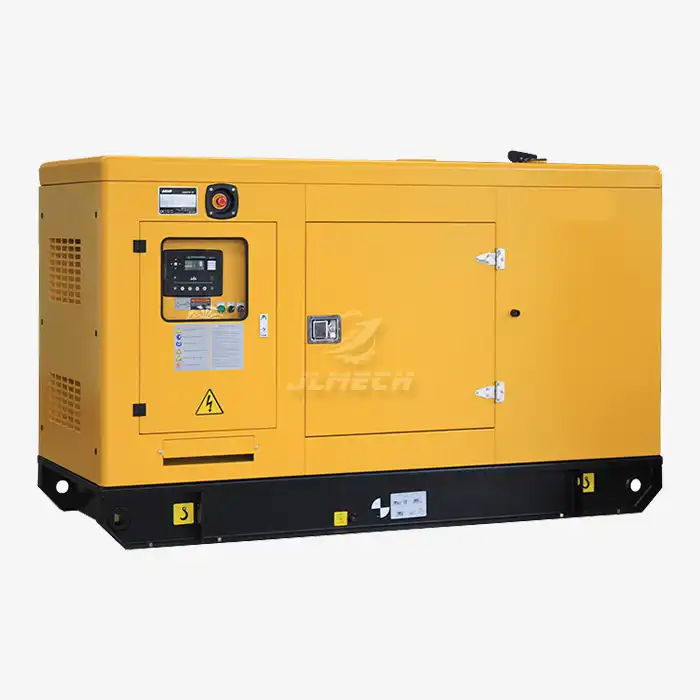 VIEW MORENew 6 Cylinders Water Cooled Diesel Generator Set
VIEW MORENew 6 Cylinders Water Cooled Diesel Generator Set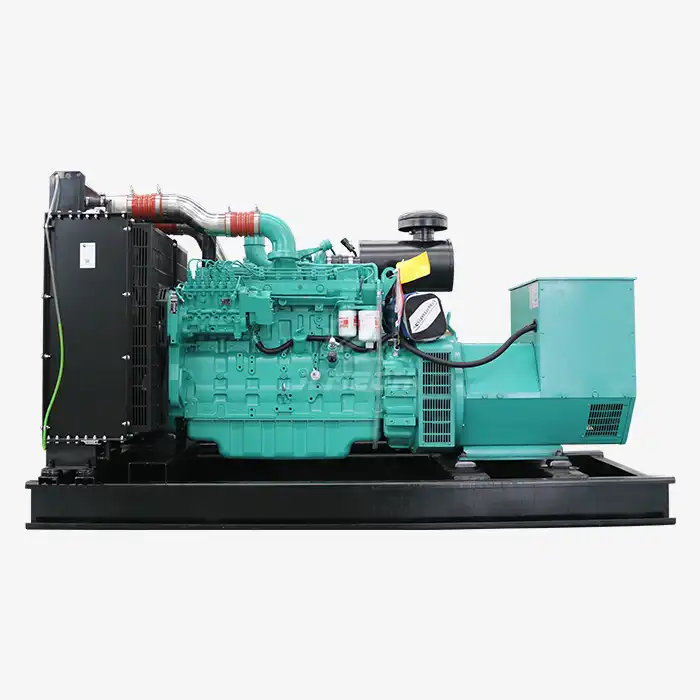 VIEW MOREgenerator 200kw
VIEW MOREgenerator 200kw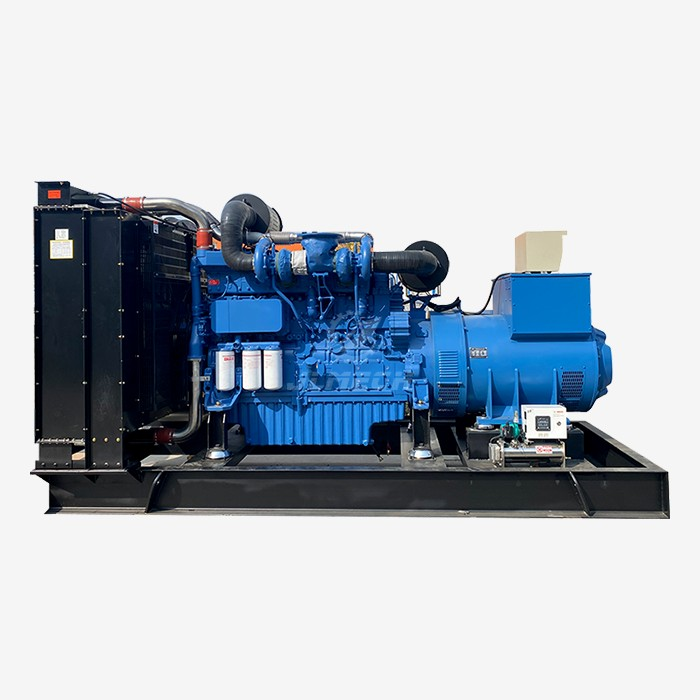 VIEW MORE60Hz Diesel Generator
VIEW MORE60Hz Diesel Generator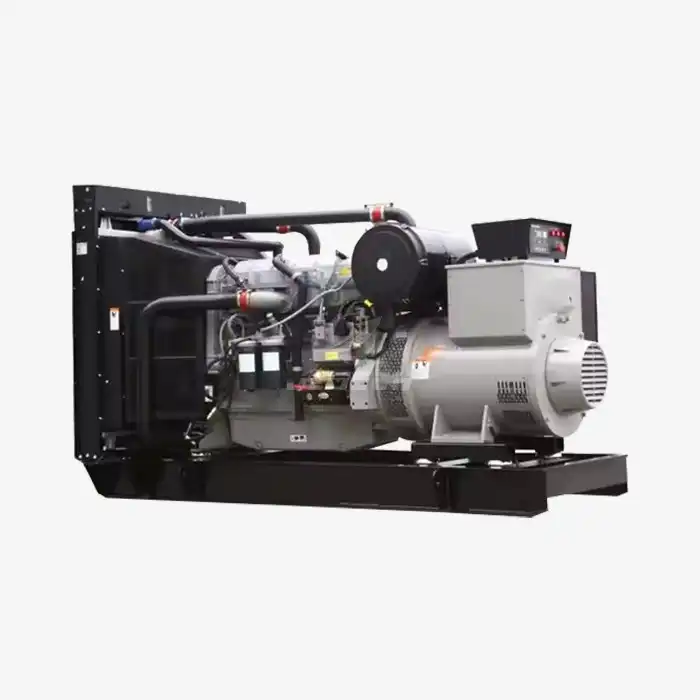 VIEW MORE100kVA Open Diesel Generator
VIEW MORE100kVA Open Diesel Generator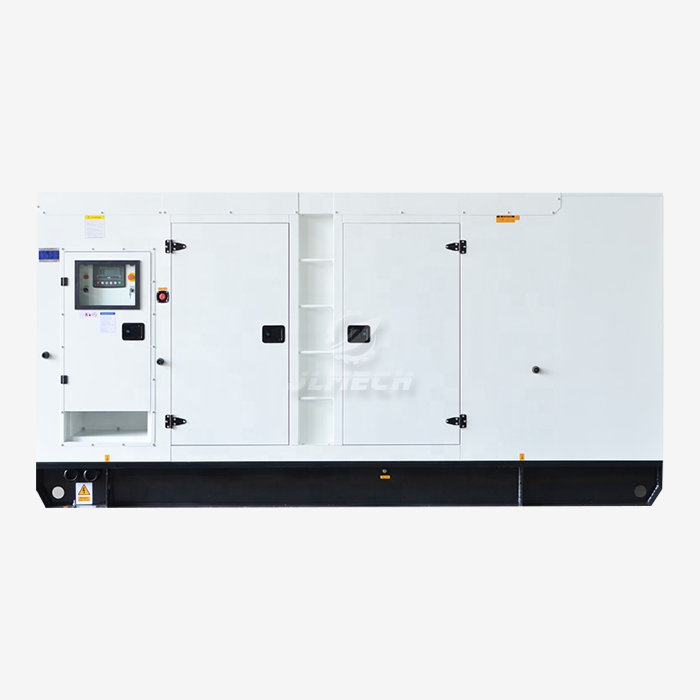 VIEW MOREgenerator mitsubishi 1500 kva
VIEW MOREgenerator mitsubishi 1500 kva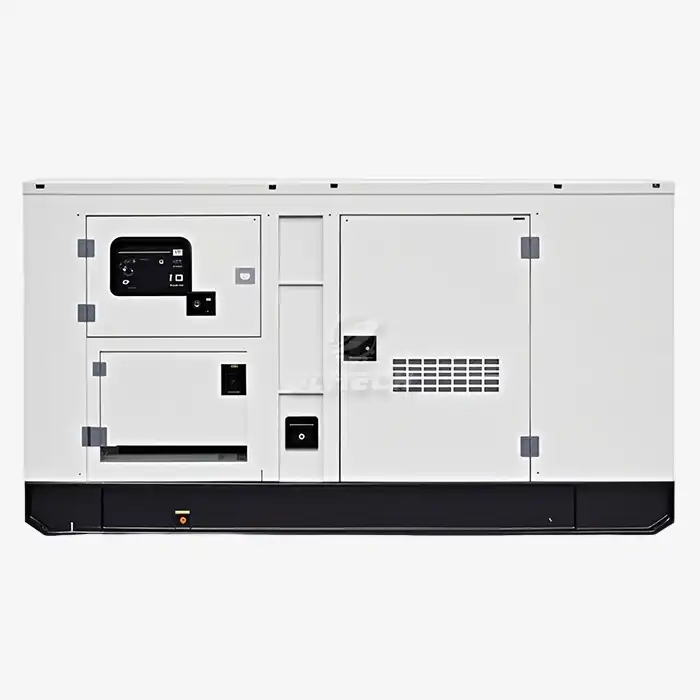 VIEW MORE500kva diesel power generator
VIEW MORE500kva diesel power generator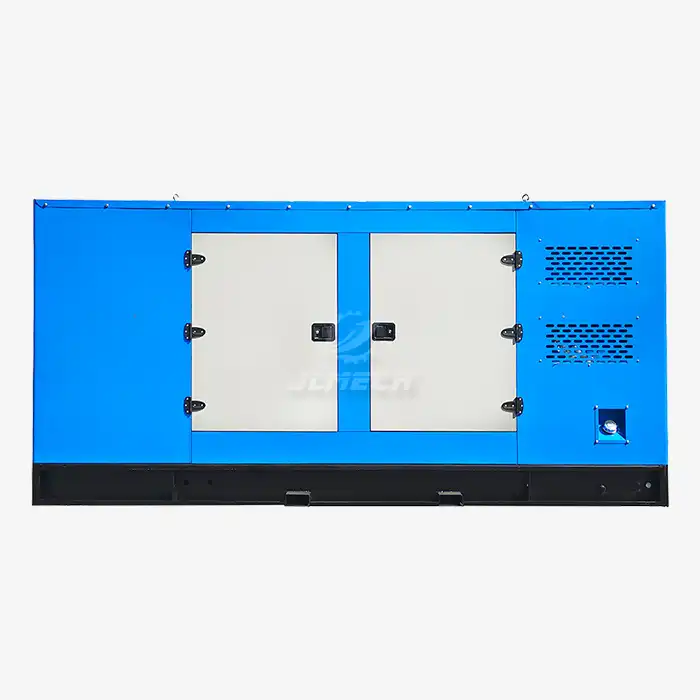 VIEW MORE500kw mitsubishi power generator
VIEW MORE500kw mitsubishi power generator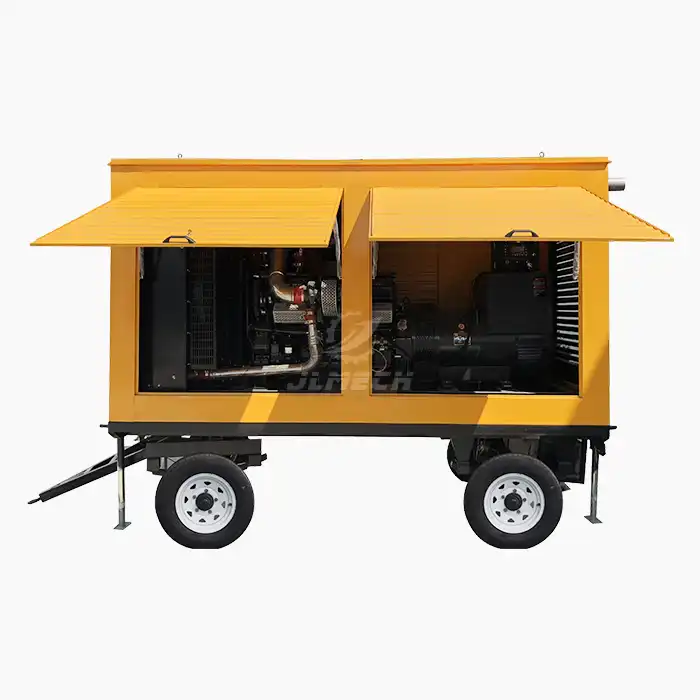 VIEW MOREportable mobile power station
VIEW MOREportable mobile power station



